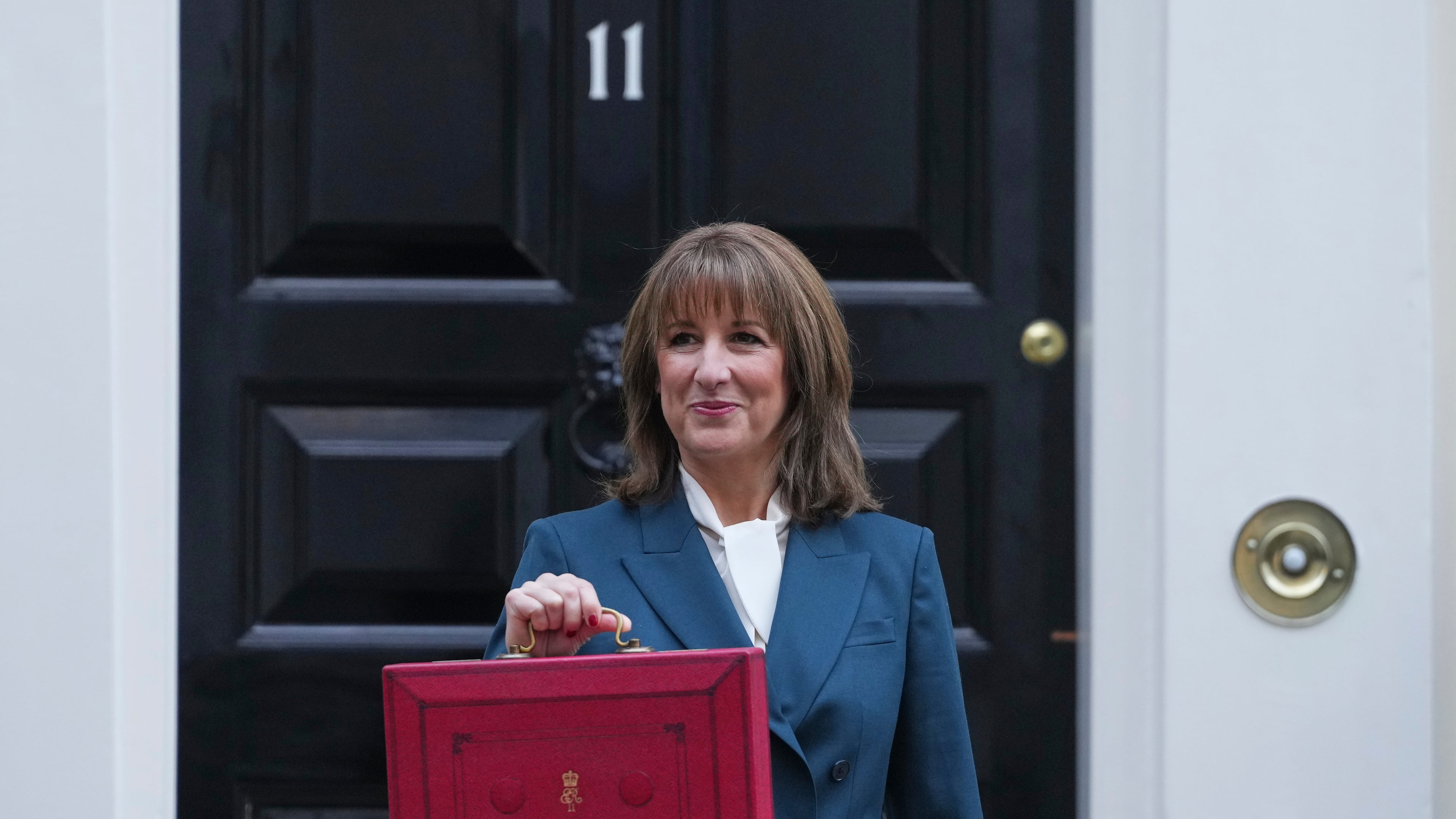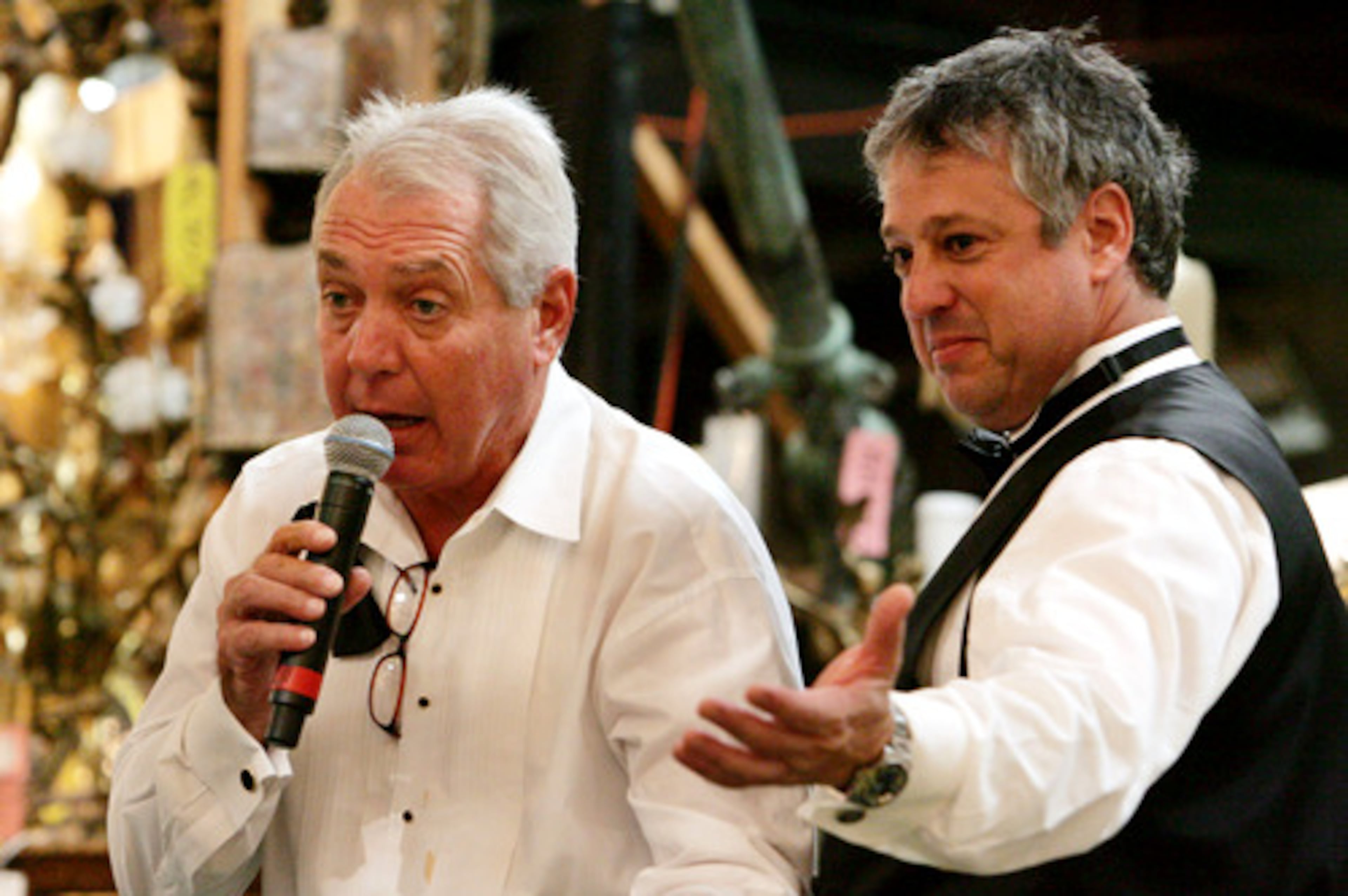UK's unpopular Labour government tries to fight back with a tax-raising budget

LONDON (AP) — Britain’s unpopular center-left Labour government sought to seize the political narrative Wednesday with a tax-raising budget that it hopes will boost economic growth, reduce child poverty and ease cost-of-living pressures.
But the chaos that has engulfed the government during weeks of mixed messaging and political infighting continued up to the final moment. The entire contents of the budget were leaked half an hour before Treasury chief Rachel Reeves delivered the budget statement in the House of Commons.
The government was elected in a landslide victory in July 2024 on a promise not to raise taxes on income for working people, and Reeves acknowledged some of the budget’s 26 billion pounds ($34 billion) in tax hikes broke the spirit of that pledge and would face criticism.
But, she said, “I have yet to see a credible or a fairer alternative plan for working people.
“These are my choices — the right choices for a fairer, a stronger, and a more secure Britain,” she said.
The biggest change in terms of money raised is freezing the thresholds at which earners pay Britain’s different tax levels for a further three years from 2028, meaning as wages rise, more people fall into higher tax brackets.
Other measures included a mansion tax over 2 million pounds ($2.6 million), changes to the capital gains tax regime, higher gambling taxes, a new levy on electric car use and a cut to tax-free provisions for private pensions.
To much applause from Labour lawmakers, Reeves also abolished a much-hated cap on benefits paid out to families with more than two children. She also announced measures to ease the financial pressure on households, by freezing rail fares and cutting levies on household energy bills.
A budget repeat
Overall, the budget was strikingly similar to Reeves' first budget a little more than a year ago, even though she insisted at the time that it would be the one and only big tax-raising budget in this parliamentary term, which is due to run to 2029.
Unfortunately for Reeves, the U.K. economy, the world's sixth-largest, isn't doing as well as she hoped, with many critics blaming her decision last year to slap taxes on business. Though there were signs that the economy was improving in the first half of the year, when it was the fastest-growing among the Group of Seven leading industrialized nations, it has faltered again.
False dawns have been a regular feature of the U.K. economy since the global financial crisis of 2008-2009. If the economy had kept growing at precrisis levels, it would be nearly a quarter bigger than it is now. That's a lot of lost activity — and a lot of lost tax revenue going into the Treasury's coffers.
In addition to the long-term costs of the financial crisis, Britain’s public finances, like those of other nations, have been further squeezed by the costs of the COVID-19 pandemic, the Russia-Ukraine war and U.S. President Donald Trump’s global tariffs. The U.K. bears the extra burden of Brexit, which has knocked billions off the economy since the country left the European Union in 2020.
Meanwhile, Reeves has a bunch of spending commitments aimed at easing the cost of living as inflation remains stubbornly high, including making up for a series of about-faces on planned welfare cuts.
Chaotic backdrop
The budget followed weeks of messy mixed messaging and political acrimony that continued into the minutes before Reeves stood in the House of Commons.
On Nov. 4, Reeves made a speech to prepare the public and markets for a hike in income tax rates, which would break a key election promise. After an outcry among Labour lawmakers, and a better-than-expected update on the public finances, she reversed course, opting for a smorgasbord of smaller revenue-raising measures.
Then, the entire fiscal forecast from the independent watchdog the Office for Budget Responsibility, including details of the budgets’ main measures, was published online half an hour before Reeves’ statement.
Reeves said the early release was “deeply disappointing and a serious error” by the budget watchdog.
The OBR blamed a “technical error” for the leak, saying it went “live on our website too early this morning.” It said it will report to all relevant authorities, including the Treasury, as to what happened.
High political stakes
The budget is a high-stakes moment for Reeves and Prime Minister Keir Starmer, who is facing mounting concern from Labour lawmakers over his dire poll ratings. Opinion polls consistently put Labour well behind the hard-right Reform UK party led by Nigel Farage.
The next election doesn't have to be held until 2029, and the government continues to hope that its economic measures will spur higher growth and ease financial pressures.
But speculation is swirling about a potential challenge to Starmer's leadership from within his party, and analysts say a misfiring budget could add to the sense of crisis within the government.
Kemi Badenoch, leader of the main opposition Conservative Party, branded the budget a failure and accused the government of taxing working people to pay for welfare handouts.
She said that if Reeves “had any decency, she would resign.”


